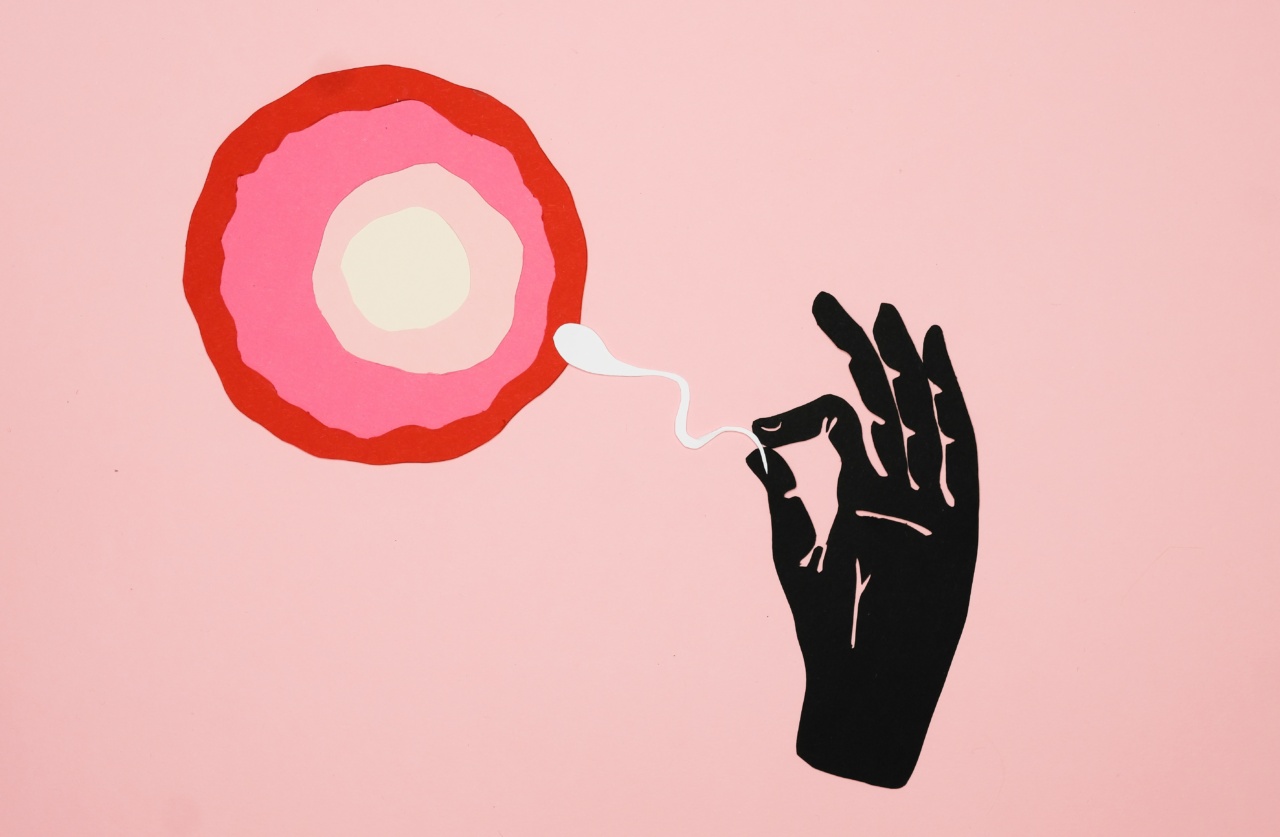Infertility can be caused by different factors, including low egg and sperm count. When these happen, there is a reduced chance of getting pregnant.
If you and your partner are struggling with infertility due to low egg and sperm count, it can be discouraging. However, there are several options available to help increase your chances of conception. This article will discuss some of the options for infertility caused by low egg and sperm count.
Egg Donation
Egg donation is a great option for women who have low egg count. This procedure involves fertilizing the donated egg with the partner’s sperm or the donor sperm to produce an embryo.
This embryo is then implanted into the uterus of the would-be mother or surrogate, leading to pregnancy.
Egg donation is an excellent option for women struggling with infertility, especially those over 40 years of age, that may have experienced a decline in egg quality and quantity.
It’s also best for women with premature ovarian failure or those who have undergone chemotherapy or radiation treatments for cancer.
In Vitro Fertilization (IVF)
In vitro fertilization (IVF) is one of the most popular infertility treatments. It is an assisted reproductive technology used to help couples with fertility problems conceive a child.
IVF involves fertilizing an egg outside the female body by extracting and combining it with sperm in a laboratory. The fertilized egg(s) then get implanted into the uterus.
For people struggling with infertility due to low egg and sperm count, IVF can offer a solution. The procedure can be modified according to the specific needs of each couple, making it a highly personalized option.
It can also be combined with other techniques such as ICSI (intracytoplasmic sperm injection) for a higher rate of success.
Intrauterine Insemination (IUI)
Intrauterine insemination (IUI) is a fertility treatment option in which sperm is inserted directly into the uterus through a catheter. It is an option best suited for couples with a borderline male factor, cervical factor, or unexplained infertility.
IUI is less invasive and generally less expensive than IVF.
However, IUI success rates are relatively lower compared to other fertility treatments. It is recommendable to combine the procedure with medications to increase the chances of conception.
ICSI
Intracytoplasmic sperm injection (ICSI) is a procedure used with IVF. It’s suitable for couples with severe male infertility due to low sperm count. ICSI involves injecting a single sperm directly into the egg, enhancing the fertilization process.
This procedure is effective, especially when combined with other treatments such as IVF.
Donor Sperm
Another option for low sperm count is donor sperm. Sperm donation involves the use of sperm from a donor to fertilize the woman’s egg. If the procedure is successful, the woman can become pregnant.
Sperm donation is a suitable option for single women or LGBT couples, and men with genetic disorders or low sperm count. However, couples may need to consider the ethics and legal issues concerning sperm donation.
Surrogacy
Surrogacy involves the implantation of an embryo into a surrogate mother. The surrogate carries the pregnancy for the couple and delivers the baby, essentially acting as a gestational carrier.
Surrogacy is suitable for women who cannot carry a pregnancy due to medical reasons, and LGBT couples who struggle with infertility.
Surrogacy eliminates the need for egg or sperm donation, making it a preferred option among couples who desire to use their gametes. It is, however, a complex and expensive process and requires extensive legal agreements and emotional support.
Preimplantation Genetic Screening
Preimplantation Genetic Screening (PGS) is a process used in IVF to test embryos for genetic abnormalities before implantation. The test helps identify the healthiest embryos, increasing the chances of a successful pregnancy.
PGS is suitable for couples with a family history of genetic disorders or recurrent pregnancy loss.
PGS provides a solution for couples that have struggled to conceive or carry a pregnancy full-term due to genetic factors. The process may, however, cause anxiety as results may reveal unwanted or unexpected genetic findings.
Egg Freezing
Egg freezing is a technique where the woman’s eggs are harvested, preserved, and stored for later use when she’s ready to conceive. This option is suitable for women who desire to delay pregnancy due to career, medical, or personal reasons.
However, the egg quality may decline with age, so it’s best for women under 35 years of age.
Egg freezing offers women the flexibility to choose when they want to start a family, and it can also protect their fertility. However, the process is costly, and the success rate varies depending on the woman’s age.
Conclusion
Infertility caused by low egg and sperm count can be discouraging, but there are several options available to increase your chances of conception.
It’s essential to consult with a fertility specialist to determine the underlying cause of infertility and identify the best treatment options.
Options such as egg donation, IVF, IUI, ICSI, sperm donation, surrogacy, PGS, and egg freezing can help couples struggling with infertility.
Before deciding on any treatment option, respectively consider the pros and cons and seek emotional support where necessary.




























